 Also by John Clarke A Dagg at My Table
Also by John Clarke A Dagg at My Table
The Tournament The Text Publishing Company
Swann House, 22 William Street
Melbourne Victoria 3000
Australia textpublishing.com.au Copyright John Clarke 1989, 1994 and 2003 All rights reserved. Without limiting the rights under copyright above, no part of this publication shall be reproduced, stored in or introduced into a retrieval system, or transmitted in any form or by any means (electronic, mechanical, photocopying, recording or other wise), without the prior permission of both the copyright owner and the publisher of this book. The Even More Complete Book of Australian Verse was first published by Allen & Unwin in 1994
This edition, with new poems, published 2003, reprinted 2003 Designed by Chong Weng-ho
Reprinted by BPA Print Group Ebook ISBN 9781921776809. National Library of Australia
Cataloguing-in-Publication data: Clarke, John, 1948-.
The even more complete book of Australian verse.
New rev. ed.
ISBN 9781877008801.
1. I. I.
Title.
A821.3 Front cover author photograph by Gary Gross. Front cover photograph of Ned Kelly armour courtesy of La Trobe Picture Collection, State Library of Victoria. For Helen
F or many years it was assumed that poetry came from England. Research now clearly demonstrates, however, that a great many of the worlds most famous poets were actually Australians. Works by major poets have been discovered in various parts of Australia and are published here for the first time. This collection aims to put on record the wealth of imagery and ideas in Australian verse.
English is a language relatively new to Australia and obviously in a nation so young there can be no Icelandic Sagas, no Chaucer, and no Shakespeare or from Shagger Tennyson, who refused point blank to write anything down. In other respects, however, this is the most complete collection of Australian verse ever published. Such an anthology would not be possible were it not for the kind assistance of the poets, their descendants or executors. I would also thank Ms Lurleen Hopcroft for her work in typing the manuscripts and for her tireless support and cheerful presence.
Although fragments have been found around Stratford near Horsham of a work beginning Would there be any point in my drawing some sort of comparison between yourself and an absolute scorcher? Pommymandius can still be heard in pubs but no authentic manuscript exists. Stumpy Byron V.C.
Best known for swimming at night across the shark-infested Dardanelles in order to light fires on unoccupied beaches and confuse the Turks. The Victoria Cross was awarded posthumously since Stumpy caught the flu and died a few weeks later. Brian Browning; poet and cricket-lover. Rumoured to have seen every Test match played in Australia between 1922 and 1939. Best known for the work beginning, Oh to be in April now that Englands here. (From the Harleian-Davidson MSS, British Museum. (From the Harleian-Davidson MSS, British Museum.
Fragment originally found during excavations for the construction of Botany Bay Gaol, 1788.)
Tide is igoin oute Lhude yelleth yikes Water disappeareth fast Ebbeth before eyen Moon it pulleth tide oute Layeth boate on keel Sand it stretcheth meny myle Gulle it drifts on wynde Season goeth round each yeare Wind it winnow croppe Farmer reapeth harveste fulle Meade it fylleth cup Polly putte ye kyttle on We wylle all haue tea Leaf growe sere and branch growe bare Trees istandin bleak in field Flocks do fall to rest in fold Storm it beats on sturdy thatch Snowe in isolated places Above aboute ten thousande feet Rains ifallin on new seed Springeth up from groun Mare growe heavy, cowe have calf Lambe it poppeth oute in field Birds isingin, suns ishinin Fysshe ajumpin, cotton hyghe, Nature goeth on and on Boreth britches off
A Boer War veteran who passed away some years back, Bob is well remembered by local churchpeople in the Mittagong area, where he lived and worked. Whenas in Speedos Julia goes, Their fabric seemeth to expose The wonders it doth juxtapose! Next, when I cast mine eyes and see, That lycra stretching each way free, Tumescence overtaketh me!
Gavin became a political activist at university and wrote an unbroken string of pearlers: Addidas about a promising mate of his who threw a seven during a boat trip, Il Ponderosa about a group of ageing baritones trying to run a farm, and Lost and Found about a retirement village. When I consider how my tax is spent, And bear in mind Im talking forty years, Perhaps sometimes a whisker in arrears, But by and large as incomes go, it went. I understand the cost of unemployment, And writing off the loans to racketeers, I know because recession perseveres, The rich need subsidIm sorry, adjustments, But would you mind please, not Italian suits. Could unconcern be slightly less baroque? And might the crappier aspects of the play Be slightly less accompanied by lutes? And perhaps some footnotes might explain the joke When Placido gives Telecom away.
Alexandra did a quadricep muscle in the lead-up to the Sydney Olympics and was somewhat acerbic in her appraisal of those more fortunate. Most of her better-known works concerned themselves with sport and human folly: Laker and Lock, Abelard around the Wicket to Eloise, Imitations of Morris and Essay on Twelfth Man, many of which were first published in the Spectator.
Prodigious talent is a dangrous thing; In cricket, whether pace or spin or swing; A bowlers gift, though great, can scarce be said, To change the course of history, raise the dead; Advance the state of man or still the storm; But heres a rule twhich flannelled fools conform: Perspective, in a sportsman on TV, Is in inverse proportion to the fee.
Imagine doing tweak*, or line and length; wrist spin Or whatever you imagined was your strength; In front of thousands, some of whom who came, Sunburnt and pissed as skunks, to chant your name; Disguising by your role as sporting oaf; Your enormous wealth, Italian car, or boaf. Its heady stuff, but no man is divine; And those the gods would mock, they first re-sign; Then elevate with flattery* from those; blandishments Whose own base purpose services their prose; Until the point, with Hubris at the wheel; Its too late to renegotiate the deal; Now temptation and the blandishments* begin; flattery And a shifting of allegiance comes with sin. You protest that you resisted, but tis limp; The front page is not your friend. It is the pimp; And now the trap. You sold yourself. Tis commerce; That will distance you from truth to keep your promise; Since tis tricky, with the road to Mammon* open; Map 17F3 To recall exact maternal wording spoken.
Take one, take two; but do not read the label; The one behind the legs that was unplayable; Twill be the more impressive when your weight; Is less the pudgy look the sponsors hate; And more the Lleyton Hewitt whippet look; You can always say you misheard or mistook; The dosage; and Australia as a nation; Is accustomed to pigs flying in formation. Catch, catch the ball good Gillie! Got him! Out! Youre out you useless prick! goes up the shout; Youre re-deified and think youre back in clover; But when the umpire hands your hat back with Its over; Face then thy facts, presume not fate to sledge; Shut-up, get off the smokes and take the pledge.
An Adelaide poet, whose work often concerned the relationship between men and freeways, alienation and the colour grey. For I will consider my dog, Grant. For he is an example to all living creatures. For he expresses joy in his every movement. For he knows each day contains fresh delights.
Next page
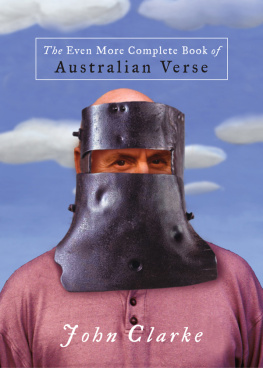
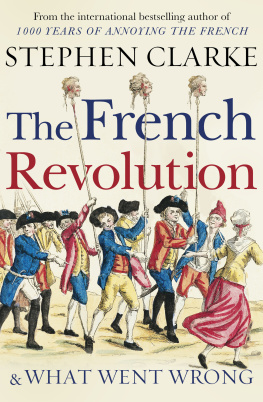
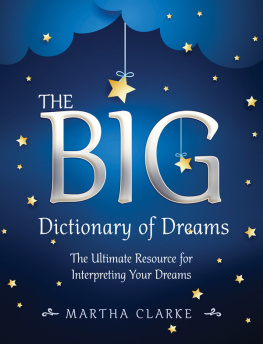
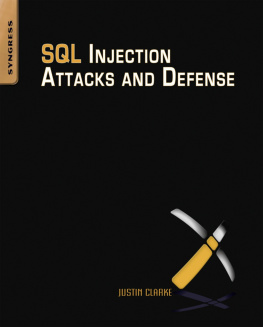
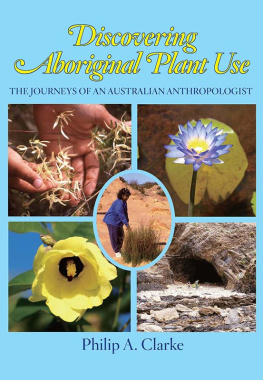
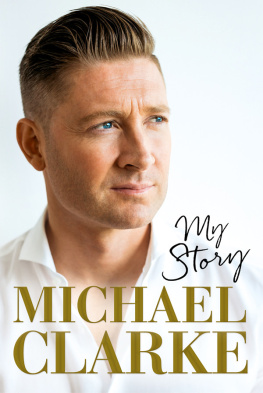
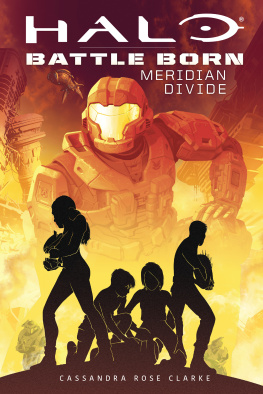

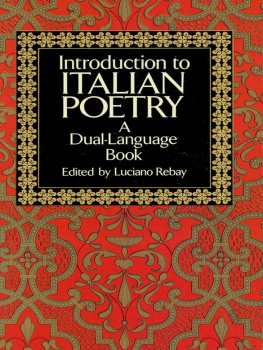
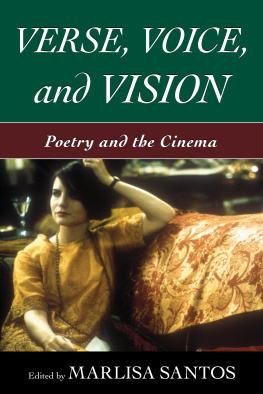
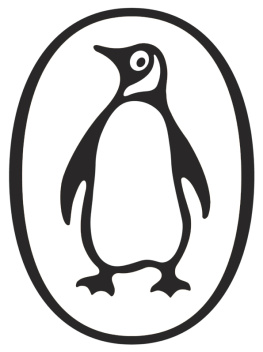

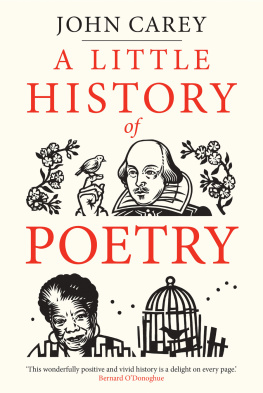
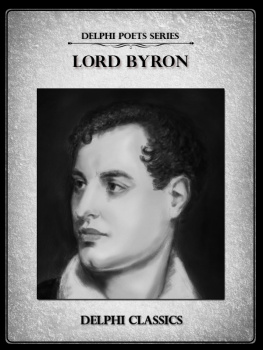
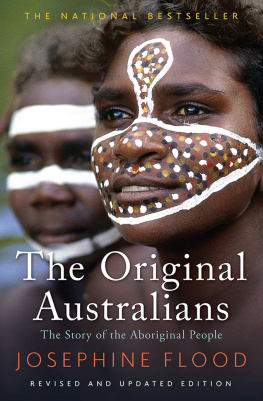
 Also by John Clarke A Dagg at My Table
Also by John Clarke A Dagg at My Table